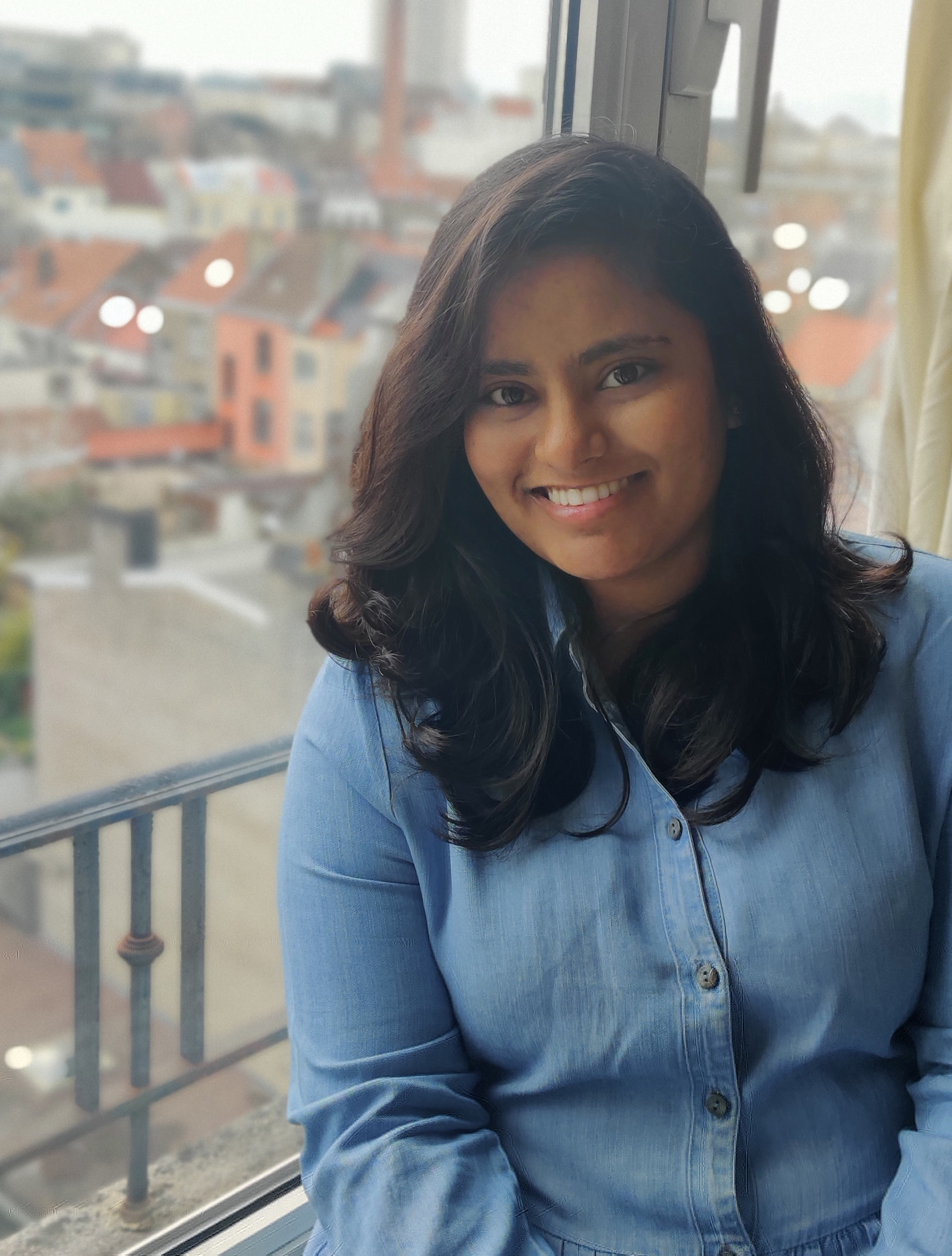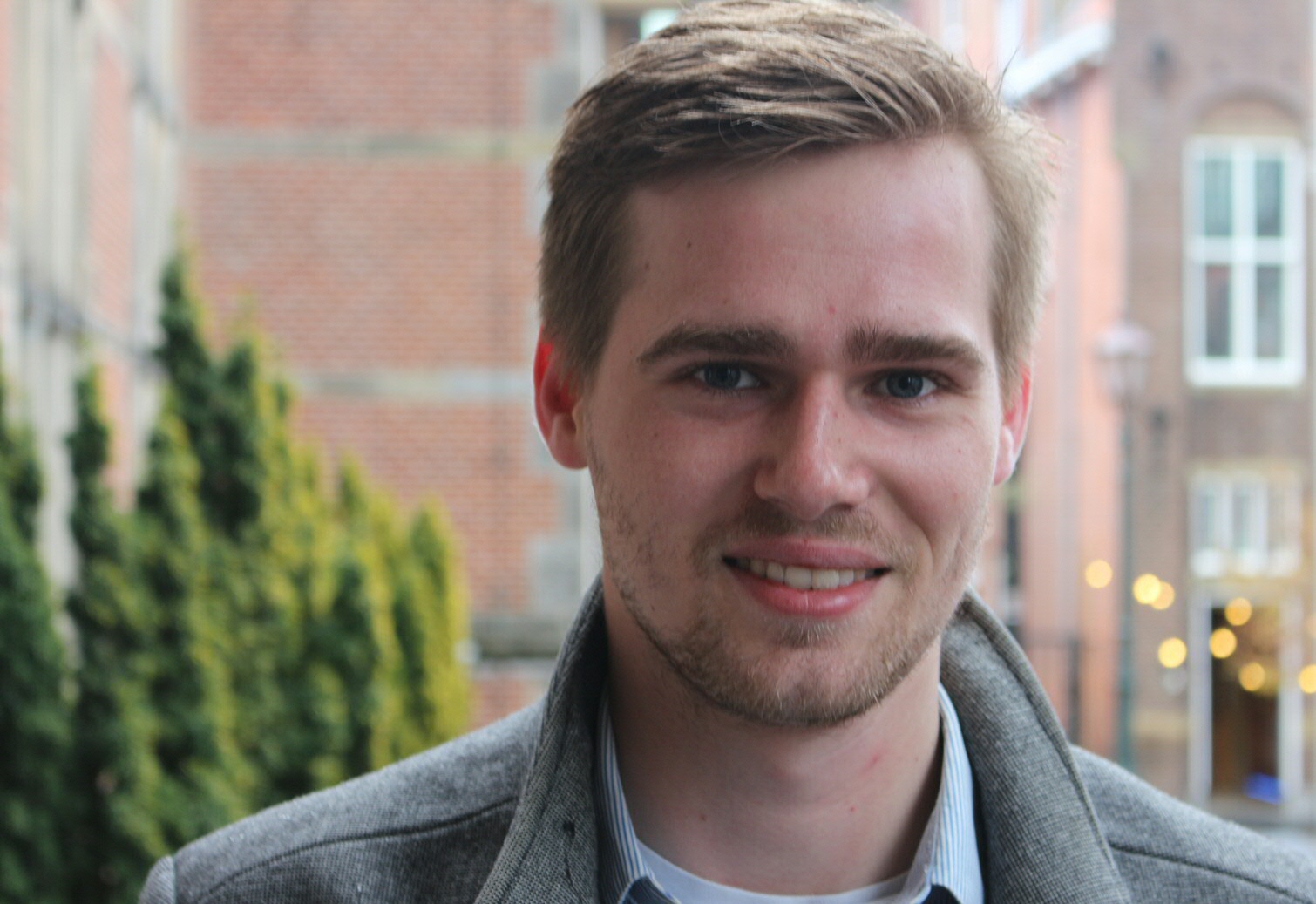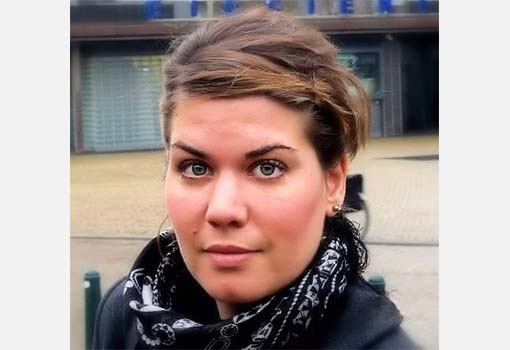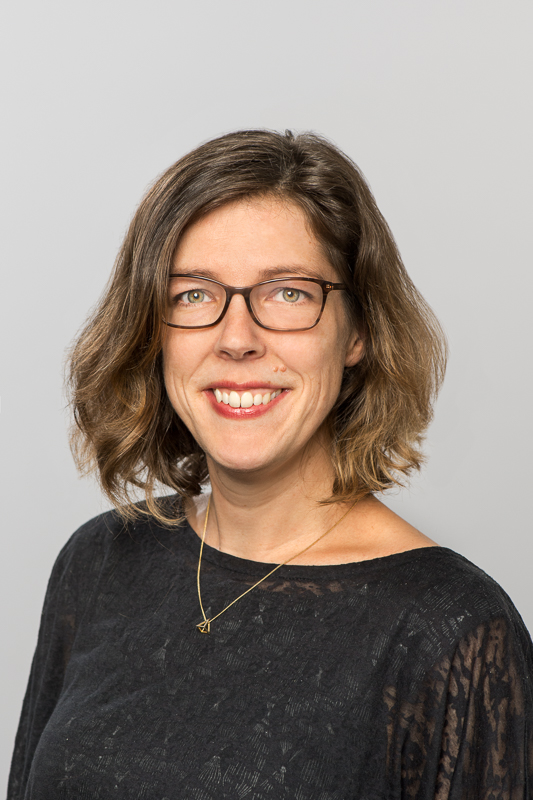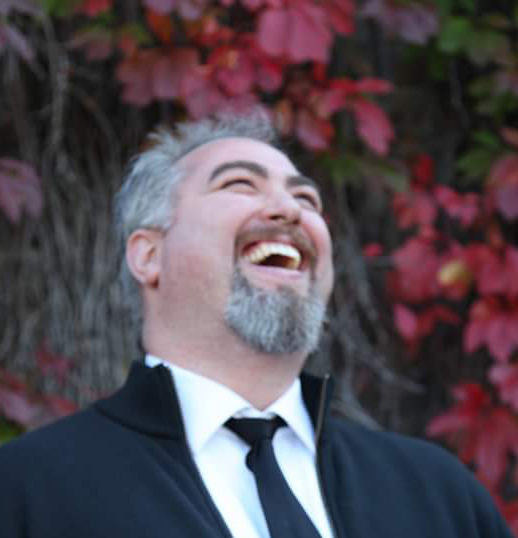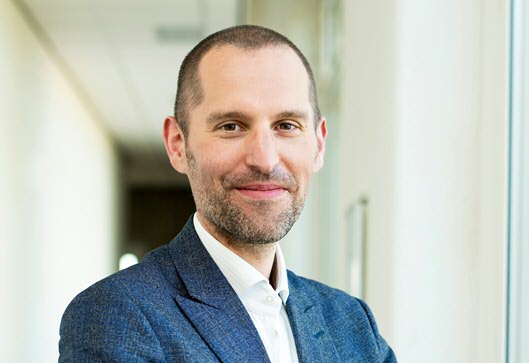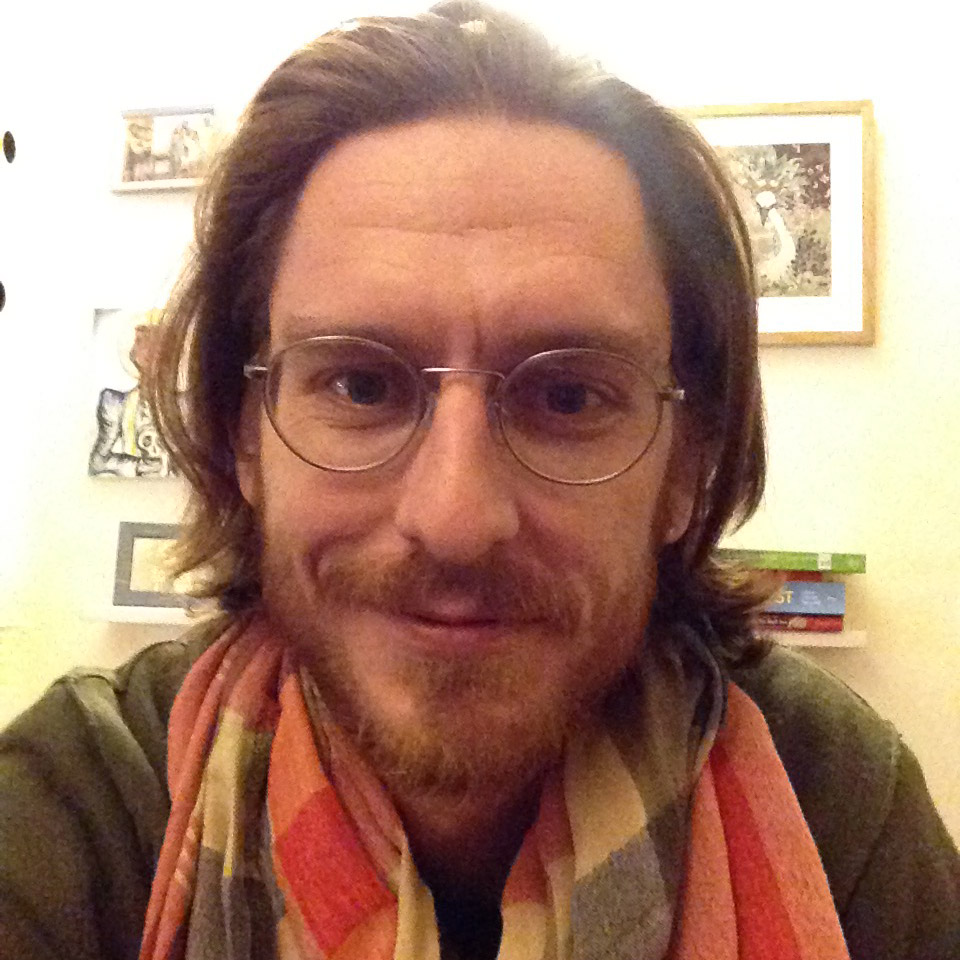
alumnus Stephen Scholte
On an everyday basis, I am putting into practice the skills that I developed throughout my studies.
My name is Stephen Scholte. I am currently a Doctoral Researcher in the Science Policy Research Unit at the University of Sussex. I am working on a project which investigates serendipity in science and technology research and development, with a specific focus on psychopharmacology.I was alerted to the opportunity here in Sussex via an email from Maarten Derksen, Assistant Professor of Reflecting on Psychology at the UG. He forwarded to me the call for applications for this ERC-funded position... I was offered an interview, so I came to meet the potential supervisors and check out the city. They offered me the position and now here I am! The abilities I honed and knowledge base that I developed during my stay in Groningen were, I am told, influential factors in being offered the position. Being able to critically reflect on the methodologies of social sciences, a knack for drawing different strands of empirical and theoretical work together into novel constellations, and a competence for writing clearly and engagingly are all skills for which I owe much to the Master’s programme in Reflecting on Psychology.Next to introducing me to some of the most interesting work in the theory, methodology and history of psychology and the social sciences, the Master’s programme in Reflecting on Psychology at the UG may have been most useful in providing the framework within which I learnt to really think. Knowledge in isolation means little and the contemporary context, which allows near immediate access to any piece of knowledge in the cannon, only accentuates the futility of becoming a walking encyclopaedia – we have one constantly in our pockets. What is necessary, and of utmost value in almost any interesting occupation (and especially for aspiring academics such as myself) is the ability to analyse, to reflect and to connect the oversupply of information with which we are constantly confronted. This, I learnt in Groningen, and it is what I try to do every day in my current position.The process of writing a Master’s thesis taught me things that I did not realize would be so valuable; in large part, the autonomy and discipline needed to conduct actual research. It taught me to take responsibility for my own direction and for my own thoughts. I don’t believe there is anywhere else I would have been given the freedom and support that I received during this Master’s programme. These allowed me to really work on myself as a researcher and writer. The path to find one’s own voice is foggy and likely interminable, but I was definitely gifted a powerful torch by mentors and supervisors during the Master’s programme. My academic voice] is one articulated in a vocabulary comprised largely of the content of the course units which make up the Master’s programme.I have an interesting job that I enjoy, and I have my studies in Groningen largely to thank for this. On an everyday basis, I am putting into practice the skills that I developed throughout my studies; critical reading and analysis, drawing cross-disciplinary connections, and applying, comparing and adapting theoretical frameworks to empirical data. There are a host of skills also which are far more difficult to articulate, somehow tacit skills, that are only gained in proximity to experts and through practice under the guidance of experts. Something like critical intuition is a big part of this for me and helps me immensely in the constant decisions that one must make as a researcher: what ideas do I follow? Which lines of investigation could be interesting? Where do I narrow my focus or zoom out?In my late twenties, with a degree in Music and a job in a terrible bar, I decided to go back to university and study Psychology. I ended up doing the Bachelor’s programme in Groningen – more by circumstantial accident than divination. During the programme, I found that the kinds of questions I was asking my professors usually resulted in recommendations to go and speak with someone in the Theory and History department − which I did. I initially arrived in the office of Trudy Dehue, hoping for some answers. But I was not given any – just a host of new and improved questions. I was hooked. Over the course of the Bachelor’s programme, I followed every course unit I could that was being taught by the staff of this department, and was continually gifted with the time, openness and support of the Theory and History staff. There was little doubt for me after graduating with my Bachelor’s degree that this was the place for me to continue with the Master’s programme. My only reservation was that I wanted to follow the Master’s degree with a PhD project, and I had regularly been told that this was almost impossible without doing a two-year Research Master’s – but here I am!I have probably extolled the virtues of the programme and the staff members enough already, but it was also the social environment and city of Groningen that made my time there so enjoyable. I found a group of people with whom I was comfortable yet regularly challenged, who had shared interests yet diverse backgrounds and perspectives, and even as a somewhat older, less “studenty” student, I very much enjoyed inhabiting the welcoming little city of Groningen.The next three and a half years will be occupied by my PhD research. In this, I hope to be able to say something insightful and useful about the way in which targeted research programmes interact with the praxis of psychopharmacological treatment. Beyond this, I will have to wait and see; at this stage I would like to continue in academia, which likely means finding a postdoctoral position somewhere, and hopefully one day I will be lucky enough to end up in a faculty like the one in Groningen.I’m wary to give advice, as I realize that what works for one person may not necessarily translate to success for the next, but for myself, the opportunities that I have been most grateful for have generally come from following the things that I really love to do. NO RAGRETS! (typo intentional).Read Mindwise articles by Stephen Scholte: The Perfect Memory (2017), Throw it in the box (2016)
lees verder ...


